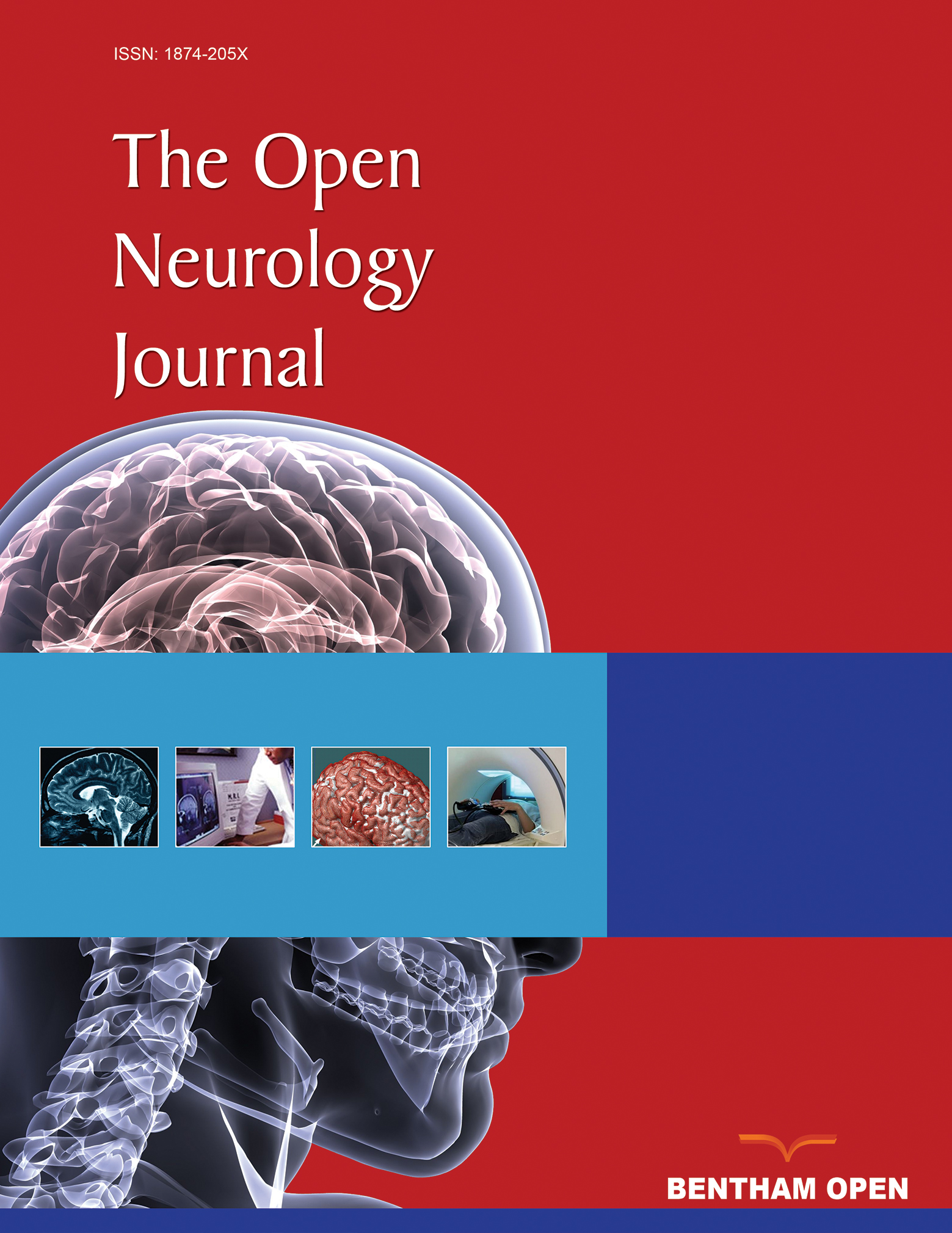A Spontaneous Decrease of Blood Pressure Occurs in Acute Ischemic Stroke with Favourable Neurological Course
Abstract
Background:
In the acute phase of ischemic stroke the relationship between blood pressure (BP) and clinical outcome remains not clear. The aim of our study was to evaluate the association of stroke severity and BP measurements in the acute phase of stroke, and whether early variation of neurological status affects BP profiles.
Methods:
BP on admission was obtained with mercurial sphygmomanometer and 24h-ambulatory BP monitoring (ABPM) was performed on days 1st and 6th. Enrolled patient were grouped according to the neurological deficit at onset (graded by the NIHSS) in group A, (NIHSS score ≤ 10, mild/moderate) and group B (NIHSS score > 10, moderate/severe) and according to the occurrence of early neurological improvement, defined as a NIHSS score reduction of at least 4 points at the 6th day in group C (improved) and in group D (not improved).
Results:
A total of 57 patients were enrolled. On admission sphygmomanometric systolic BP values were higher in group A with respect to group B (158,5 mmHg ± 26,9 vs 147,7 mmHg ± 15,5 respectively; p = 0.6) whereas no difference was found in ABPM. On admission sphygmomanometric BP and ABPM were similar in group C and group D. At the 6th day ABPM, both systolic BP and diastolic BP values were significantly reduced in clinically improved patients (Δ systolic BP 1st to 6th day = 9,9±13,3 in group C vs 0,5±17,6 in group D, p < 0,05; Δ diastolic BP 1st to 6th day = 5,1± 8,4 mmHg in group C vs 1,3 ± 9,7 mmHg in group D, p = ns) whereas no change in the 24-h BP profile was observed in patients without early improvement.
Conclusion:
BP on admission in not related to the stroke severity and does not predict early neurological outcome and patients that show an early neurological improvement show also a reduction of the BP profile.


